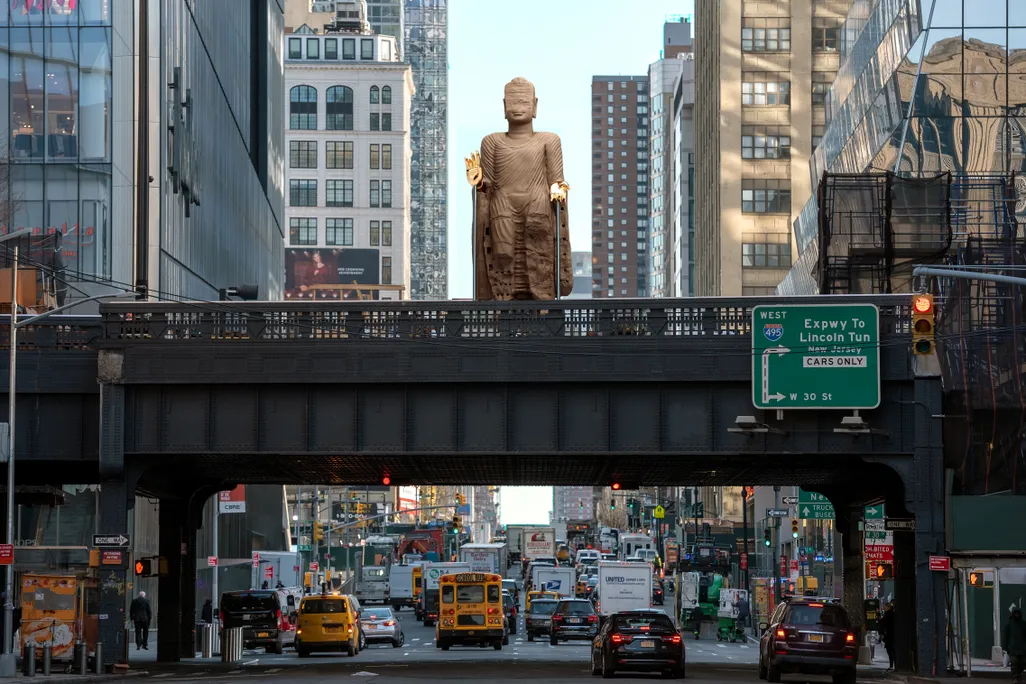China’s #MeToo movement, which continues to pick up pace amid patchy censorship, has exposed another high profile case, this time involving bike share giant Mobike.
Yesterday an anonymous letter published by a female Mobike employee along with screenshots of WeChat messages allegedly sent by her line manager went viral. The material claimed that the manager had specifically hired employees he was attracted to, ordered her to send him regular selfies, meet at odd times including late at night, and deliver food to his home. She ultimately resigned having rejected his advances and subsequently been bullied and ignored at work, the letter claimed.

The anonymous open letter
Mobike has since issued a statement to several media outlets explaining that the manager in question has been suspended while an investigation takes place. The company told Reuters: “Mobike attaches great importance to this matter, and set up a special committee to launch a full investigation immediately after receiving a report of misconduct.”
The incident is the latest in a string of high profile #MeToo cases in China, including China’s “highest ranking Buddhist monk” being accused of sexual harassment earlier this month. The movement continues to cause headlines despite (apparently sporadic) censorship, with supporters having taken to spreading accusations and news via screenshots in the hopes of evading keyword searches. In addition, a variety of different languages and emojis have been used to represent the words “Me Too” online.
Similarly, a Twitter handle @MeTooChina has been established to try and repost sexual harassment allegations from Chinese social media before they get scrubbed from the Chinese internet. It is careful to state that “the info is not verified”. It can make for some harrowing, but vitally important, reading. The account has also been posting related stories and news as the movement appears to be continuing to gather momentum.
Parents didn’t educate their children about sexual harassment largely because they think “s/he is still just a kid” (38%) or they simply don’t know how (34%). #MeTooChina #Facts https://t.co/ojczr7x0Lc pic.twitter.com/5CgyUdpADy
— MeTooChina (@metoochina) August 9, 2018
Related:
 Suppression, Perseverance and Anger: #MeToo in China Gains Momentum Against the OddsArticle Jul 30, 2018
Suppression, Perseverance and Anger: #MeToo in China Gains Momentum Against the OddsArticle Jul 30, 2018
 Why is #MeToo Different in China?Article Jan 24, 2018
Why is #MeToo Different in China?Article Jan 24, 2018
















